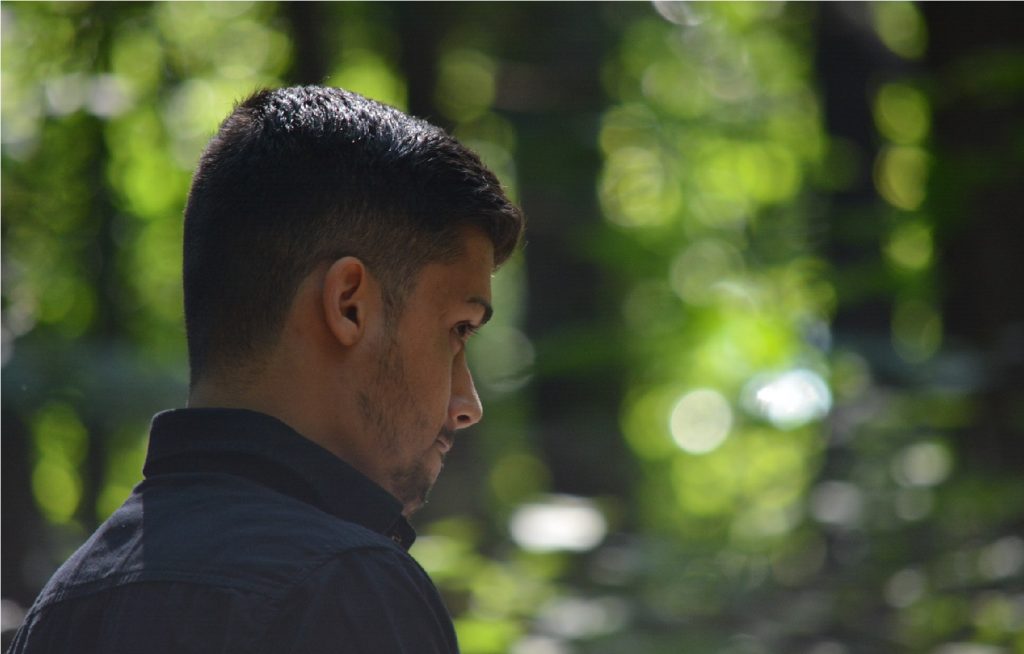The government has announced that a planned 500% increase in fees for asylum and immigration tribunals will go ahead, which will dramatically limit many people’s ability to challenge Home Office decisions on their immigration status.
The government first announced its plans to increase tribunal fees earlier this year, and the Ministry of Justice issued a consultation paper to gather the opinions of individuals and organisations in the legal sector. 142 out of 147 consulted disagreed with the plans. Most were concerned that the fees would limit vulnerable people’s ability to enforce their legal rights.
Since the Ministry of Justice confirmed on Saturday that fee increases will happen, the president of the Law Society, Robert Bourns, has described their decision as “a huge setback for justice in the UK.”
What do the plans involve?
- Increasing the fee for applying for a paper decision from the First-tier Tribunal (Immigration and Asylum Chamber) from £80 to £490;
- Increasing the fee for applying for an oral hearing at the First-tier Tribunal from £140 to £800;
- Introducing a new fee of £455 for applying to the First-tier Tribunal for permission to make a second appeal to the Upper Tribunal; and
- Introducing a new fee of £510 for appeals in the Upper Tribunal.
These changes will impact a wide range of individuals and families – from vulnerable people who have applied for asylum in the UK and been refused, to EU citizens anxious to be granted the right to remain in the UK after Brexit.

How does this affect human rights?
1. The right to a fair trial
Having access to a lawyer and a fair trial is a human right, protected under Article 6 of the the European Convention on Human Rights, which takes effect in UK law through the Human Rights Act. In Golder v UK, the European Court of Human Rights made its first ever judgment against the UK, establishing that every person has the right to a fair trial. This includes prisoners like Mr. Golder. In the words of the European court: “One can scarcely conceive of the rule of law without there being a possibility of having access to the courts.”
Dramatically increasing appeal fees is likely to be an obstacle to accessing justice – and will most immediately affect vulnerable people with limited financial resources, such as asylum seekers.
2. The right to respect for private and family life
The hiked fees are also likely to interfere with people’s right under Article 8 of the European Convention on Human Rights: the right to respect for private and family life. Under the new scheme, families making joint appeals will have to pay the increased fee multiplied by the number of family members, even though their application goes through the same process as an individual application.
The changes may affect people whose applications for asylum in the UK have been rejected although they have family members living here – like the four young Syrian refugees who appealed the Home Office’s decision in their case earlier this year. They may also affect EU nationals who have been living, working and building a life in the UK, and are seeking permission to remain here with their families after Brexit.
3. Freedom from discrimination
Article 14 of the European Convention on Human Rights protects the right to enjoy our other human rights free from discrimination on the grounds listed in Article 14, which include race and national origin. Law Society president Robert Bourns has warned that the fee increases may “unlawfully discriminate,” because most Immigration Tribunal applicants are from black, Asian and minority backgrounds, and so people from these backgrounds will be “disproportionately” affected.
Related links:







